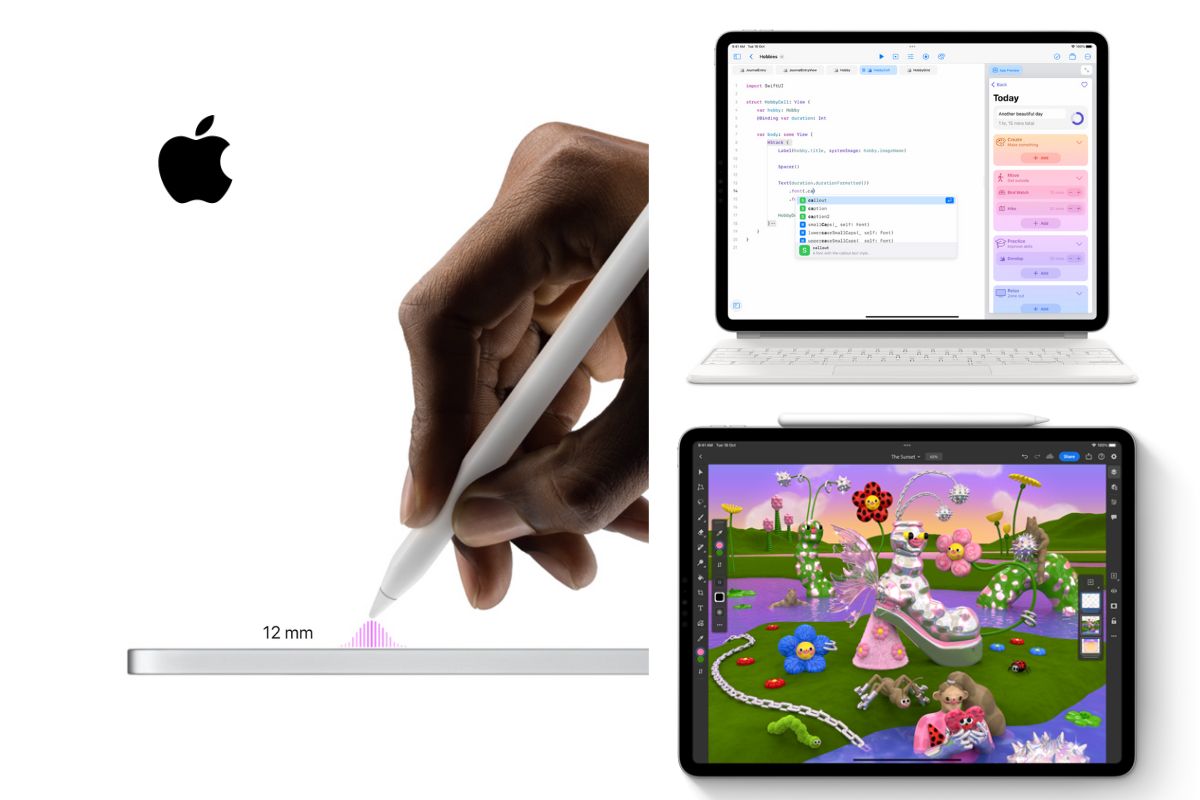Apple’s New Software Lockdown Strategy
Users of Apple’s iPad Pro are finding themselves increasingly frustrated as their Apple Pencils fail to function adequately when paired with non-genuine or swapped iPad displays. Industry insiders suggest this is part of an escalating trend by Apple to implement software locks on its hardware components, effectively complicating straightforward repairs and significantly raising their cost.
Serialization: An Obstacle for Third-Party Repairs
This strategy, referred to as “serialization,” hinders third-party entities from replacing parts in malfunctioning Apple devices with ease. The components are tied to the device’s logic board, meaning that the replacement part must have a corresponding unique serial number and must be synced using Apple’s proprietary software. An unofficial repair job or third-party component can result in disabled functions or warnings.
iPad Pro Displays and Apple Pencil: Affected by Serialization
The serialization practice has now begun to influence the displays of the iPad Pro’s fifth and sixth generations, including the 12.9-inch model and the 11-inch tablet’s third and fourth generations. Ricky Panesar, CEO of iCorrect.co.uk, discovered this anomaly while repairing a customer’s device. He found the Apple Pencil failing to deliver precise lines when an iPad display was replaced with a non-original or another iPad’s screen.
Tech Community Reaction and User Concerns
Interestingly, Panesar is not alone in his discovery. Similar issues have been reported on Reddit by several users, illustrating that the problem is widespread. When a Reddit user brought up the issue of distorted lines drawn by the Apple Pencil, fellow users attributed the anomaly to serialization. Apple has yet to respond to these rising concerns.
Regulatory Scrutiny: France Takes Notice
The serialization issue is not slipping under the radar of regulatory authorities. France’s Department of Competition, Consumer Affairs, and Fraud Prevention (DGCCRF) has been probing the issue since December 2022. This investigation followed a complaint lodged by the consumer rights organisation, Halt Planned Obsolescence (HOP), which argued that serialization allows Apple to restrict repairs and downgrade devices using third-party components remotely.
Critiques and Challenges: A Monopoly in the Making?
Panesar echoes these sentiments, arguing that serialization is a major issue for consumers. He believes that Apple’s practices create a monopoly that forces consumers to rely on Apple for device repairs. This, he argues, is problematic given the significant cost differential between Apple’s repair services and those offered by third-party repair shops, which often use authentic parts from other malfunctioned devices.
European Regulation and Tech Companies
The DGCCRF’s investigation feeds into a broader discourse currently plaguing Apple and other tech giants. A recent ruling by the European Parliament aims to simplify battery removal and replacement processes in portable electronic devices for consumers. While Apple is likely to argue that its devices are already repairable given their consumer-facing repair kits, critics point out that new European Union rules may force Apple to switch to USB-C for future iPhones.
Possible Solutions and What’s Next
The outcome of France’s investigation into serialization could potentially bring about a win for consumer rights. In the meantime, iPad users facing Apple Pencil issues are left with limited options. Panesar suggests that if the device has been repaired elsewhere, getting the original screen back could resolve the problem. However, if that isn’t feasible, the only option left is to turn to Apple and foot the bill for an out-of-warranty repair.



